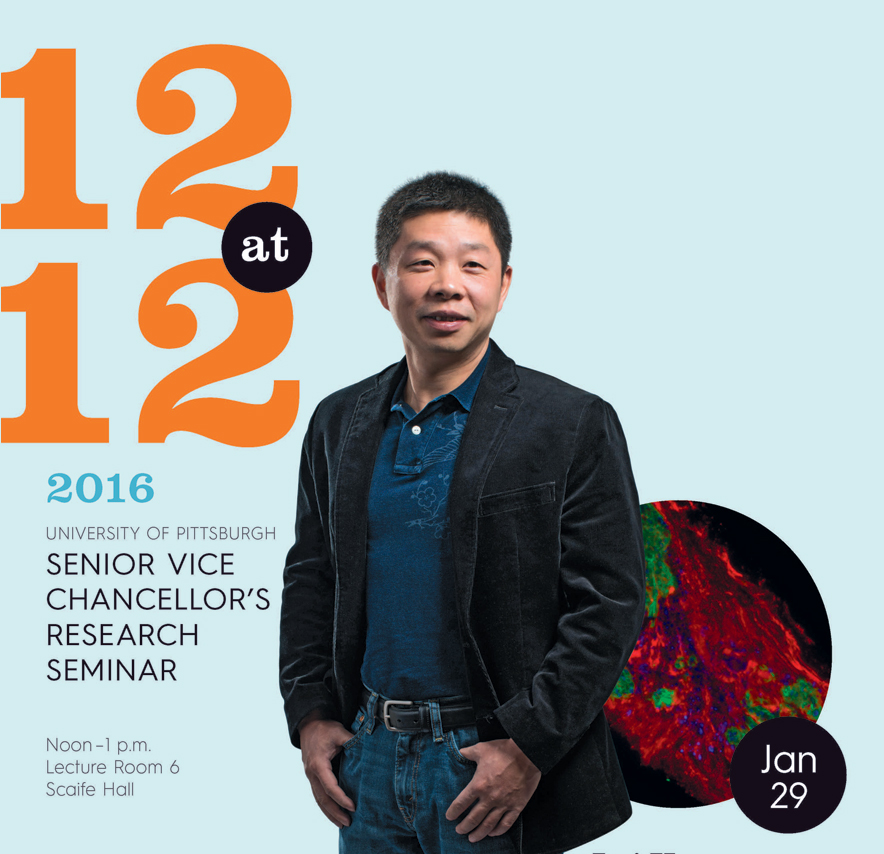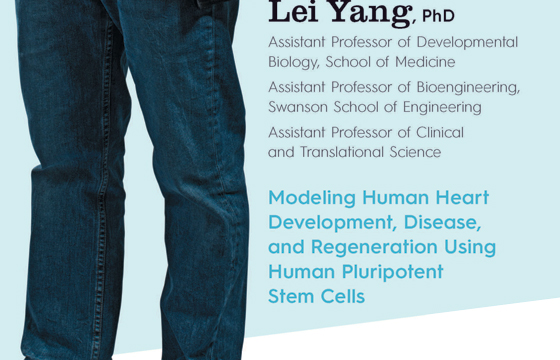Topic Overview:
The heart is a complicated organ, with three-dimensional organization of cellular components and the extracellular matrix essential for blood pumping. The human heart is composed of various kinds of cells, of which cardiomyocytes, smooth muscle cells, endothelial cells, and cardiac fibroblasts are major types. Cardiomyocytes provide the contraction power of the myocardium. Smooth muscle and endothelial cells form the vasculatures, and endothelial cells contribute to heart valves and the endocardium. Cardiac fibroblasts regulate heart formation and functions, such as electrical transduction and contraction. Damage to or the death of heart cells due to environmental factors, genetic defects, and/or other diseases could lead to human heart diseases.
In the United States, heart disease is the leading cause of death; myocardial infarction affects more than 80 million people, and approximately 5 million people are living with heart failure. About 50,000 people die each year due to the limited number of donor hearts for transplantation. Additionally, more than 50 percent of patients with heart disease do not respond to current drugs. Thus, the future of precision heart disease therapy requires a deep understanding of disease mechanisms for mining novel therapeutic targets, as well as the development of personalized therapeutic strategies, such as disease-specific drugs, patient-specific cardiac tissues, or even transplantation of the entire heart. Yang’s research uses human embryonic stem cells, human-induced pluripotent stem cells, and tissue engineering approaches to study early-stage human heart development, model human-inherited cardiovascular diseases, and regenerate the human heart, with a long-term goal to develop novel, personalized, therapeutic strategies for human heart disease.

















